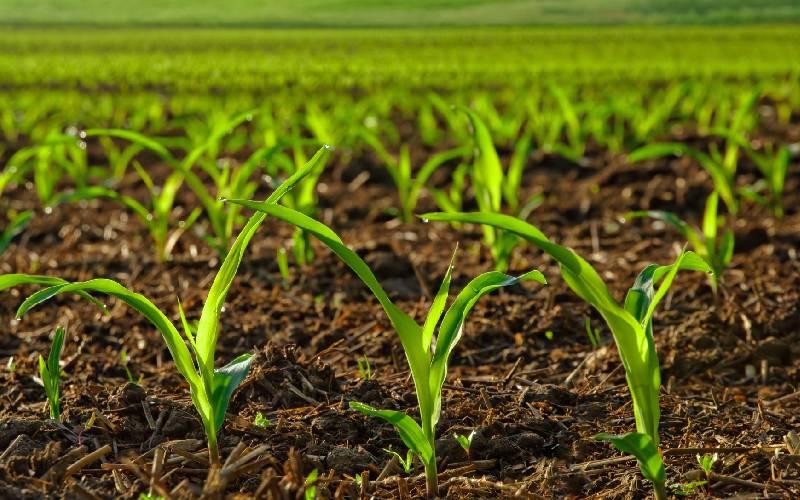×
The Standard e-Paper
Smart Minds Choose Us

The value of fertiliser imported from Morocco declined by 59 per cent in 2018 as concerns over substandard shipment of the input hit supplies, official data have shown.